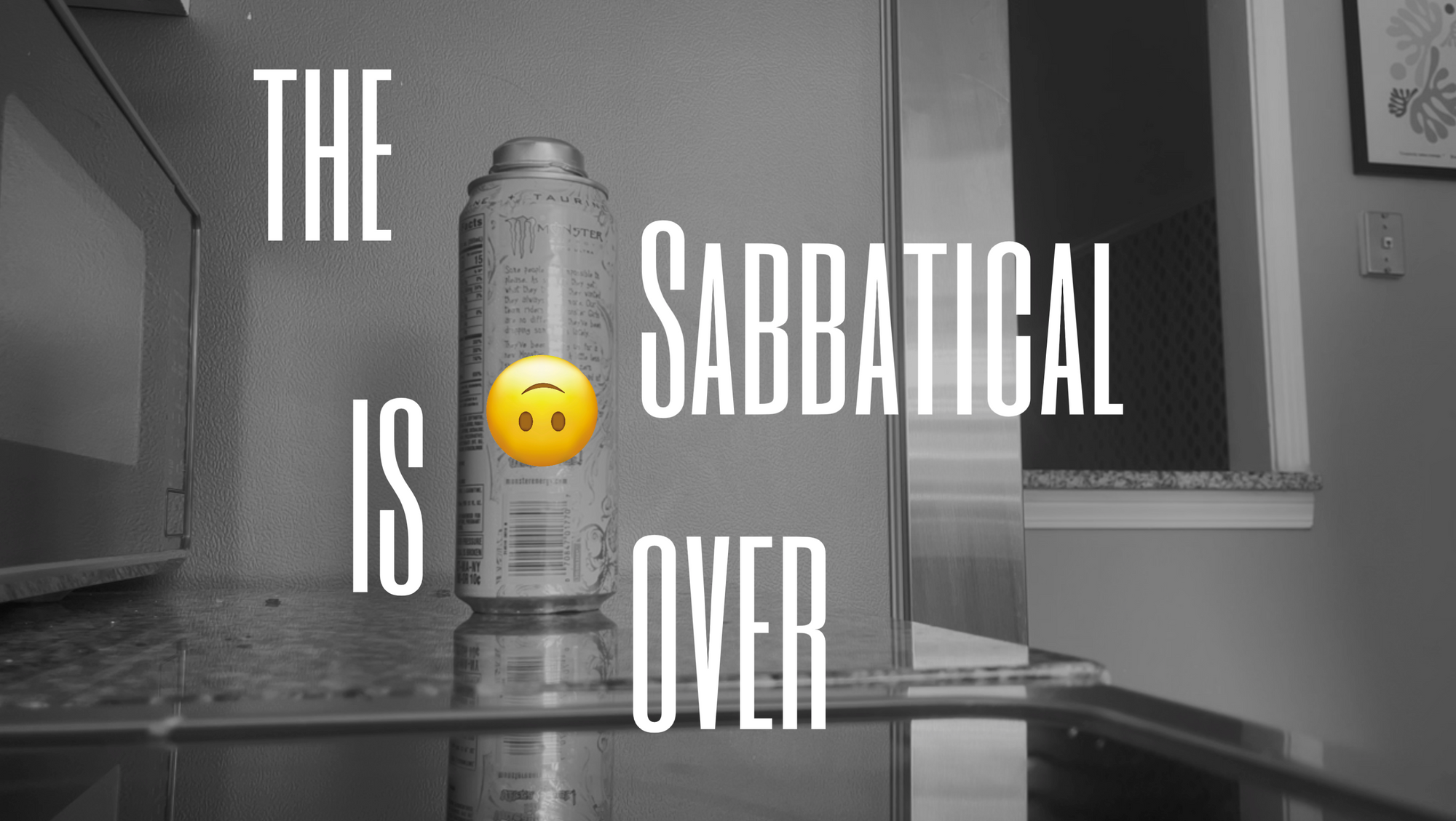Let me start by saying that the past week has been full of terrible bloodshed and heartbreak. I grew up in one of the most Jewish neighborhoods in America. Many of my dearest and most generous friends are Muslim.
I don't think anyone needs me to weigh in one one of the most polarizing and enduring conflicts in modern geopolitics.
What I will say is that it's incredibly sad when ideology trumps human life. Yet as the book Sapiens taught us, it is our our ability to believe in the intangible that has enabled our species to collaborate across blood ties and conquer the planet.
I hope the region can find a swift end to the violence, but I fear this is unlikely. Two
I'm now settled here in Bangkok for the rest of the year—say hi if you are passing through Southeast Asia.
Onto this week's letter: what happened when an investor gave up our startup and the 3 choices we all face when confronting a difficult situation.
"We want to get our investment back."
One of our investors had called my cofounder Kalvin to deliver this message. Randy and I watched him take the call, pacing under the shade of a tree somewhere in Mexico City, where the three of us had gathered to try and reboot our stalled company.
Several months earlier we had realized our ridesharing company was not going to work, laid off the team, and started to explore new ideas. But we had only recently let all our investors know where the company was at. Jordan, the investor, apparently did not believe we could make it.
As Kalvin recalled, he said something like "We've seen companies try to pivot like this and it usually doesn't work out. You should just give our money back and shut down."
Kalvin managed to convince Jordan to give us a month to figure something out. He later claimed it was a test of our conviction—who knows what the truth was, but he didn't ask again.
We spent weeks in our shared railroad apartment in downtown San Francisco, eating three-cheese ravioli from Costco, researching ideas online, experimenting with prototypes, and pitching each other on new ideas. For a long while, we believed we could find our way out.
In my forthcoming book The Path to Pivot (email me to read an early edition), I talk about the choice to Grit, Pivot, or Quit. When faced with any setback or challenge, these are the three choices we face.
To Grit is to keep pushing.
To believe our path is largely correct and that more time and effort would eventually lead to results, When we're young, we push inexorably on some things "Can I watch cartoons? Pretty please?" and not enough on others "I'm scared to go in the water". As we grow up, we learn that "winners never quit".
At Y Combinator, my cofounders and I had seen an exhausted Brian Chesky talk about building Airbnb. They had just faced a PR nightmare, a host who found a meth lab in their house left by previous guests, and worked around the clock to reestablish consumer trust with a million dollar host guarantee.
Unlike Chesky, we didn't have enough belief (and certainly not enough traction) to convince us to push through the idea of long-distance ridesharing with Ridejoy.
To Pivot is to change course.
To believe that our goal is still worthy and reachable, but our path is not. When I blew out my knee on the vault as an NCAA athlete, I had to involuntarily pivot from being a six-event all-arounder to a two-event specialist.
One of our YC batchmates had pivoted just days before Demo Day from a website builder for small businesses to a website that helped people learn to code with interactive lessons in the browser. They launched and almost immediately hit a vein, landing tens of thousands of signups and a TechCrunch write up. Today, Codecademy boasts tens of millions of students and still has a little real-time javascript compiler on their website.
When we got that call from Jordan, we were hoping we too could pull a rabbit out of the hat like the Codecademy guys. We had the guts to keep trying.
To Quit is to walk away.
To believe that our goal is no longer within reach, that there is no acceptable path to get there, or that the cost is too high. When I ended the last long-term relationship I had before meeting my wife, it was after a long period of hanging on, trying to make it work, gritting it out. But ultimately quitting was the best choice.
My cofounders at Ridejoy didn't quit when Jordan asked for the money. But we eventually did. I was the first to fold, six months after we had started trying to pivot. I couldn't imagine spending another six months cooped up in our apartment (one week-long trip to Mexico City not withstanding) trying to come up with something new.
Quitting meant returning the money to investors, so I guess Jordan got what he wanted. While some investors respected our decision, others critiqued us for quitting when we were in such an enviable position: YC funded, with $600k still in the bank, a lot of money for a (pre)seed company in 2013.
But I went on to do a stint with the Obama White House, serving as an innovation fellow to the Smithsonian, while my cofounders joined the Healthcare.gov fixit team and restored functionality to one of 44's most significant policy advances.
When faced with a setback there is no simple answer or easy advice. But I can say one thing with confidence: don't let your decision be forced by someone else. Give yourself time to make a decision. Start by gritting it out, then perhaps pivoting. And allow yourself the option of quitting. Because sometimes the OK Thing you're doing now is what's preventing the Awesome Thing from coming your way.
—Jason

PS—one last call for beta readers for The Path to Pivot—a startup playbook for founders who want to reboot their business. Reply for the link.
In Other News
My podcast "How and when to pivot your business" on The Executive Edge podcast with business psychologist Sue Firth went live on Thursday Oct 12:


Recent Issues






